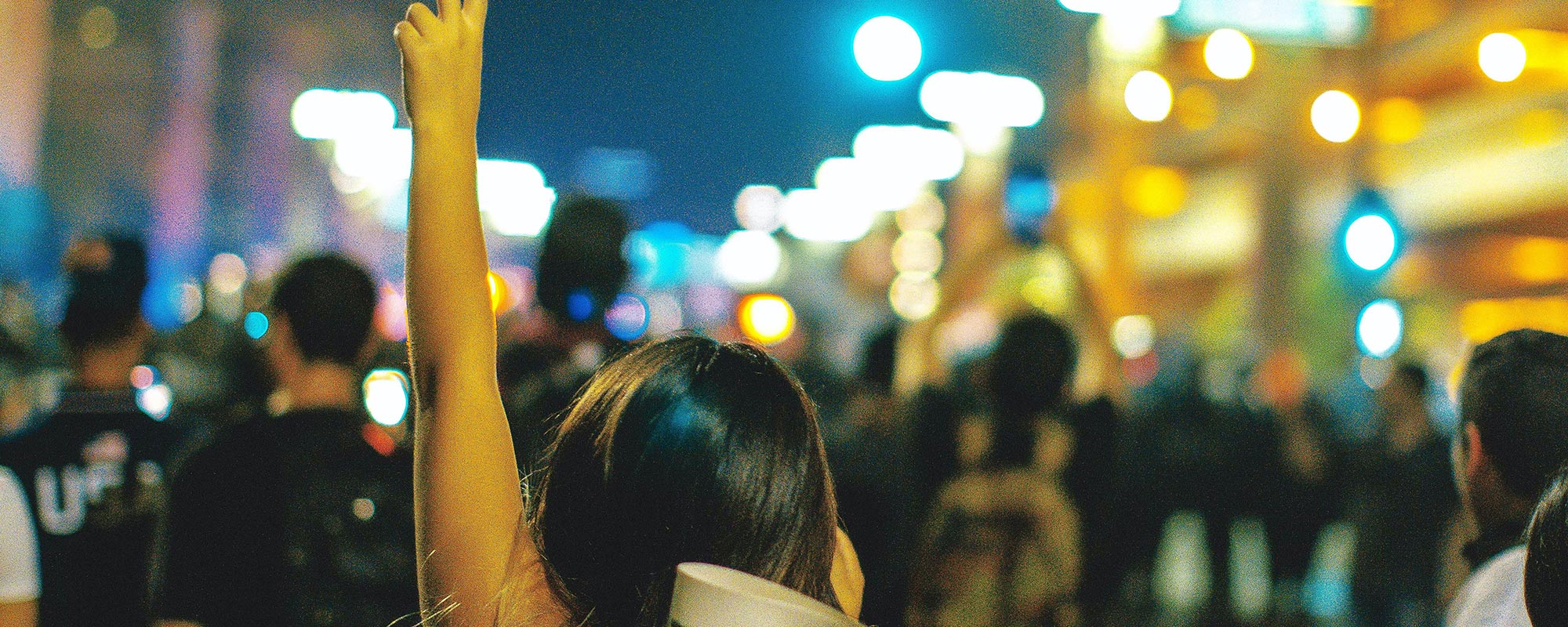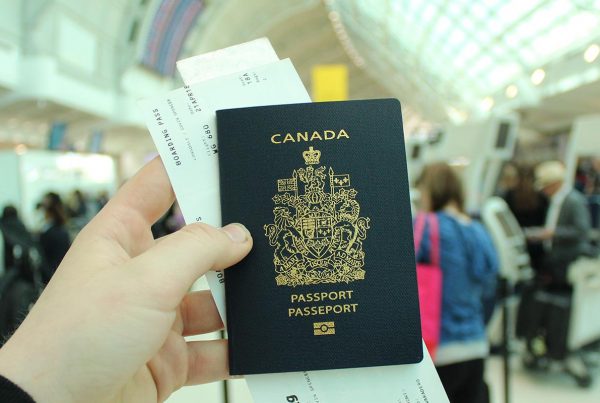Should students have privacy rights at school? Do you lose all your privacy rights upon entering a building because of a security camera at the door? Should people generally have some reasonable expectation of privacy even in public spaces where they might be observed by others? CCLA believes they should, and we are at the Supreme Court of Canada today to argue that point in the case of R v. Jarvis.
In 2010-11, an Ontario teacher used a camera pen inside a high school to surreptitiously take videos of female students and a female teacher – mostly of their cleavage. He was charged with a voyeurism offence, but was acquitted in his initial trial. The acquittal was upheld on appeal. Why? Because the victims were filmed by the accused in public areas of the school where they could be seen by others – and where they were also recorded by security surveillance cameras.
CCLA argues that this “all or nothing” approach to privacy in public is wrong—and a major departure from past decisions which have, in contrast, affirmed that even in public people retain some right to privacy.
“We don’t lose all of our privacy rights when we step out of our front door,” says Brenda McPhail, Director of CCLA’s Privacy, Technology and Surveillance Project. “When we think about a reasonable expectation of privacy, we have to take a principled approach, look at the totality of circumstances, and remember that privacy protects people, not places.”
Particularly for vulnerable groups such as students and children, there is an added layer to the analysis. Courts should recognize the vital goal of safeguarding the bodily and sexual integrity of students, and an assessment of their privacy interests must be informed by our collective societal understanding that such groups deserve a high level of protection.
People in Canada are often subjected to both visual and video surveillance in public and quasi-public spaces. This is only likely to increase. But even if we accept that it might be all right to use video cameras in some public spaces for clearly defined security purposes (in compliance with relevant privacy legislation), we cannot accept that a decision by a school, or store, or any other private or public body to install a security camera can effectively take away the privacy rights of everyone whose image is captured through its lens. An appropriately contextual, normative approach to privacy has to allow us to make a distinction between lawful, regulated recording and surreptitious recording for a sexual purpose, even if those two things happen in the same space.
CCLA is represented by Jonathan Lisus and Zain Naqi of Lax O’Sullivan Lisus Gottlieb LLP.
About the Canadian Civil Liberties Association
The CCLA is an independent, non-profit organization with supporters from across the country. Founded in 1964, the CCLA is a national human rights organization committed to defending the rights, dignity, safety, and freedoms of all people in Canada.
For the Media
For further comments, please contact us at media@ccla.org.





